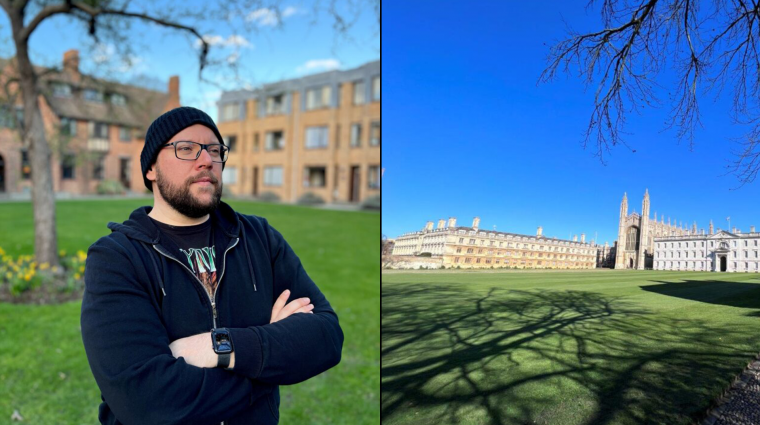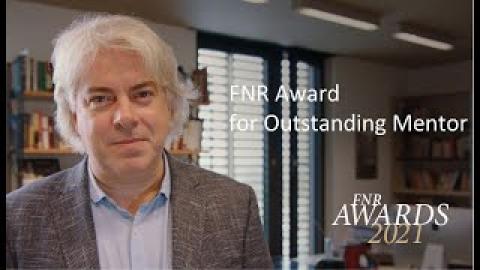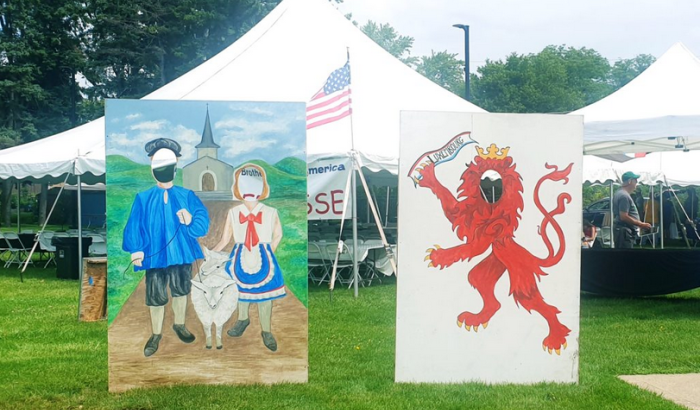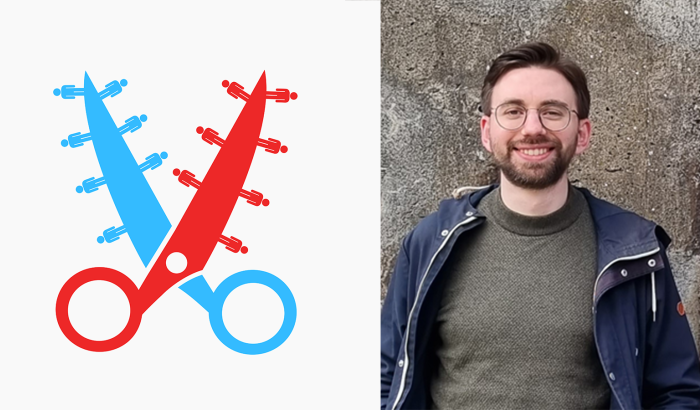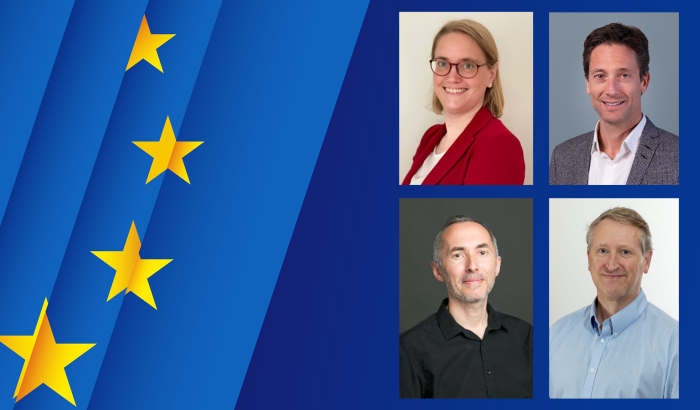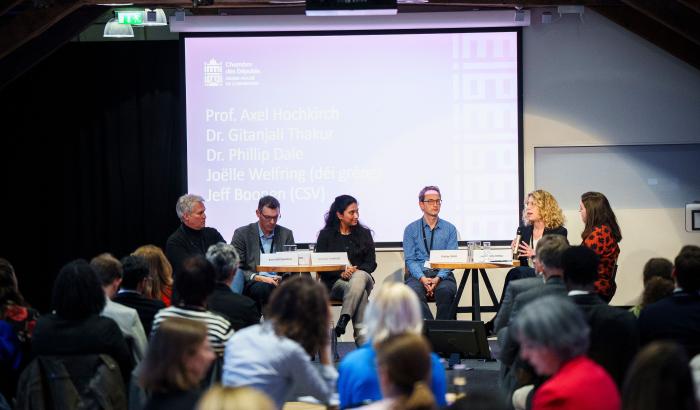
(C) Shutterstock
Discover Belval’s secrets!
On 26 October 2017, you have the unique opportunity to test the city exploration App co-developed by LIST researchers and discover Belval’s secrets!
In this hands-on experience, you will have the chance to use the Pilot 4 CrossCult mobile application to walk through and explore the urban district of Esch-Belval from a new fascinating perspective.
You will discover how the area transformed from an industrial site to an innovation campus, discuss with other visitors and reflect on how these changes shape Luxembourg’s contemporary and future history.
Disseminating cultural heritage in an entertaining and educational manner
At a time in which museums are increasingly embracing the digital, and cities are becoming smarter, Information and Communication Technologies play an important role in disseminating cultural heritage in an entertaining as well as educational manner.
In line with this effort, the European project CrossCult, funded under the H2020 framework and coordinated by the Luxembourg Institute of Science and Technology, seeks to use technology to help people better understand, reflect on and discuss national and European culture and history.
Learn more about the project on 26 October 2017
To learn more about how ICT can support cultural heritage and more specifically about the CrossCult project, the Luxembourg Institute of Science and Technology (LIST) invites you to attend the seminar “When ICT meets Cultural Heritage” on the afternoon of October 26th at le Fonds Belval in Esch-sur-Alzette.
It will commence with a short presentation of the CrossCult project, followed by a live experimentation of one of its mobile applications dedicated to city exploration, which will be used to guide participants through the history of Belval.
We will then be welcoming as keynote speakers two internationally renowned experts: Prof. Tsvi Kuflik from the University of Aifa, Israel and Prof. Manolis Wallace from the University of Peloponnese, Greece. Following these, the seminar attendees will have the possibility to visit the lab of the Human Dynamics in Cognitive Environments unit and discover interactive and collaborative new technologies.
Practical Infos
Date: Thursday 26th October, 2017, from 12:45 to 18:15
Venue: Le Fonds Belval - 1, avenue du Rock'n'Roll, L-4361 Esch-sur-Alzette
CrossCult project website: http://www.crosscult.eu/
Registration fee: none
More information about the seminar and the keynotes is available on the LIST website.
Author: LIST
Editor: Michele Weber (FNR)
Photo: shutterstock.com


